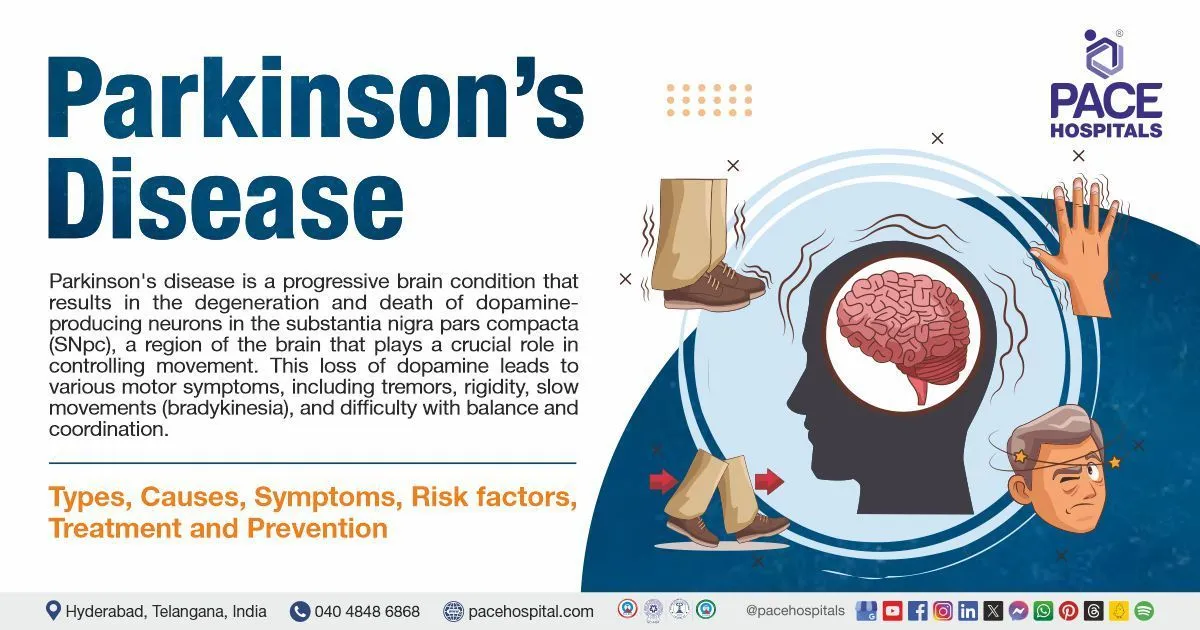Parkinson’s Disease A Degenerative Disorder
Parkinson’s disease is a progressive neurodegenerative disorder that affects the nervous system. It primarily affects movement, causing tremors, stiffness, and difficulty with balance and coordination.
Symptoms of Parkinson’s Disease
- Tremor: Uncontrolled shaking, often starting in the hands.
- Rigidity: Stiffness and muscle tension.
- Bradykinesia: Slowness of movement.
- Postural Instability: Difficulty with balance and coordination.
As the disease progresses, other symptoms may develop, including:
- Speech difficulties: Slurred speech or a soft voice.
- Writing difficulties: Small, cramped handwriting.
- Sleep disturbances: Difficulty sleeping or excessive daytime sleepiness.
- Bowel and bladder problems: Constipation or urinary incontinence.
- Depression and anxiety: Emotional changes can be common.
Causes of Parkinson’s Disease
The exact cause of Parkinson’s disease is unknown, but it is believed to be a combination of genetic and environmental factors.1 The disease occurs when nerve cells in the brain, called dopamine-producing neurons, die or become impaired.
Treatment for Parkinson’s Disease
While there is no cure for Parkinson’s disease, treatments can help manage symptoms and improve quality of life. Common treatments include:
- Medication: Medications can help control symptoms like tremors, stiffness, and slowness of movement.
- Deep Brain Stimulation (DBS): A surgical procedure that involves implanting a device in the brain to regulate abnormal nerve activity.
- Physical Therapy: Physical therapy can help improve strength, balance, and coordination.
- Occupational Therapy: Occupational therapy can help with daily living activities, such as dressing and eating.
- Speech Therapy: Speech therapy can help improve speech and swallowing problems.
Living with Parkinson’s Disease
Living with Parkinson’s disease can be challenging, but with appropriate treatment and support, individuals can manage the condition and maintain a good quality of life. It’s important to consult with a healthcare professional to develop a personalized treatment plan and to seek support from family, friends, and support groups.

